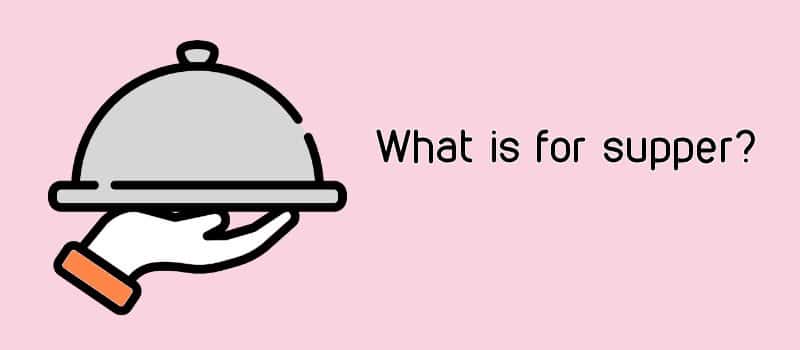This is a simple question that is often and sadly answered incorrectly, especially by the Americans. You may have heard this reply to the above question: I am good. This is an error.
In English, we are “good at” doing things such as cooking, flying an airplane, or paragliding in Tenerife. The weather can be good or bad in La Orotava, as in “the weather is good today”. Good functions as an adjective, for things, ideas or people. For example, we are not blessed (adornado) with good politicians.
“Good” is used to describe conditions, abilities or a person’s moral condition: for example, Mr. Cameron, the British prime minister, is a good man. “Good” should not be used to describe his physical well-being (bienstar). You may, however, say that he is in good health, but here we are describing health, not how he feels.
So the everyday adjectives to describe your physical well-being include “fine”, “well” or “under the weather” (estoy pachucho o indispuesto).
However, there are many interesting and varied ways to respond to the question. Some of these are idioms (modismos), others are expressions. Here they are:
| Inglés | Español |
|---|---|
| I am in fine feather | De excelente humor. |
| I am in fine fettle | De muy buen humor. |
| I am on top of the world! | ¡Estoy en el séptimo cielo! |
| I am full of beans | Estoy lleno de vida. |
| I am fair to middling | Estoy regular. |
| Bearing up! | ¡Aguantando! |
| Surviving! | ¡Sobreviviendo! |
So you have many interesting and impressive ways to respond to the question. Now practice these newly acquired phrases with the English people you may meet in Tenerife, Spain or throughout the world. Perhaps, with this lesson, you would like to educate a few Americans too!

















